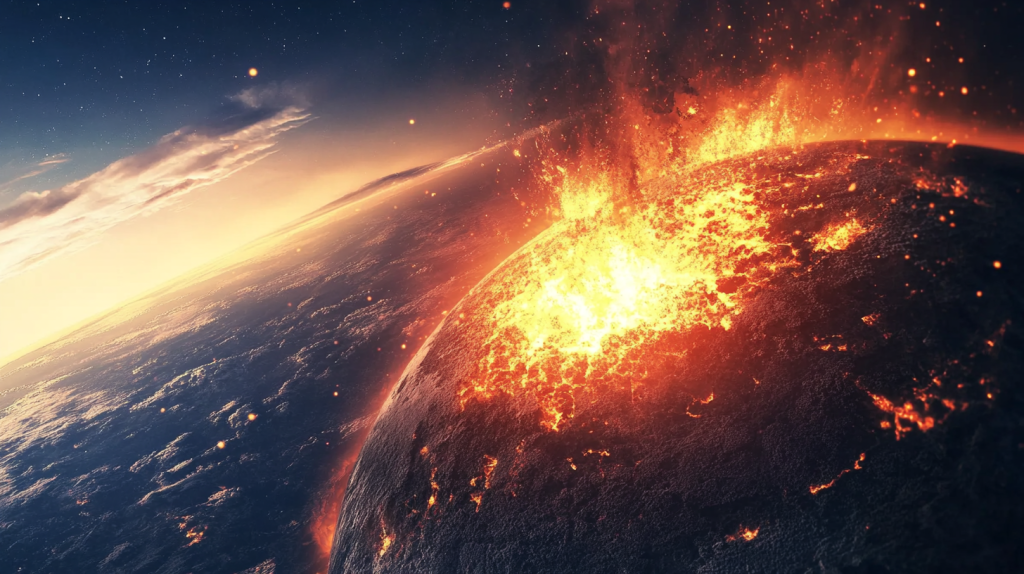We take oxygen for granted. We know its there, but do we ever really think about it? This wondrous, invisible “thing” that does so much more than just let us breathe. Oxygen is the invisible life-force that surrounds us, essential for our survival and the functioning of our planet. It’s just there, right? It just “is”.
But have you ever wondered what might happen if this vital element suddenly vanished, even for just 60 seconds? The consequences would be far-reaching and dramatic, affecting everything from our bodies to the very structure of the Earth itself. In this eye-opening exploration, we’ll uncover the startling chain of events that would unfold if our planet were to experience a brief but total absence of oxygen. Prepare to be amazed by the crucial role this element plays in our daily lives and the fragile balance of our world.
Everyone Would Pass Out
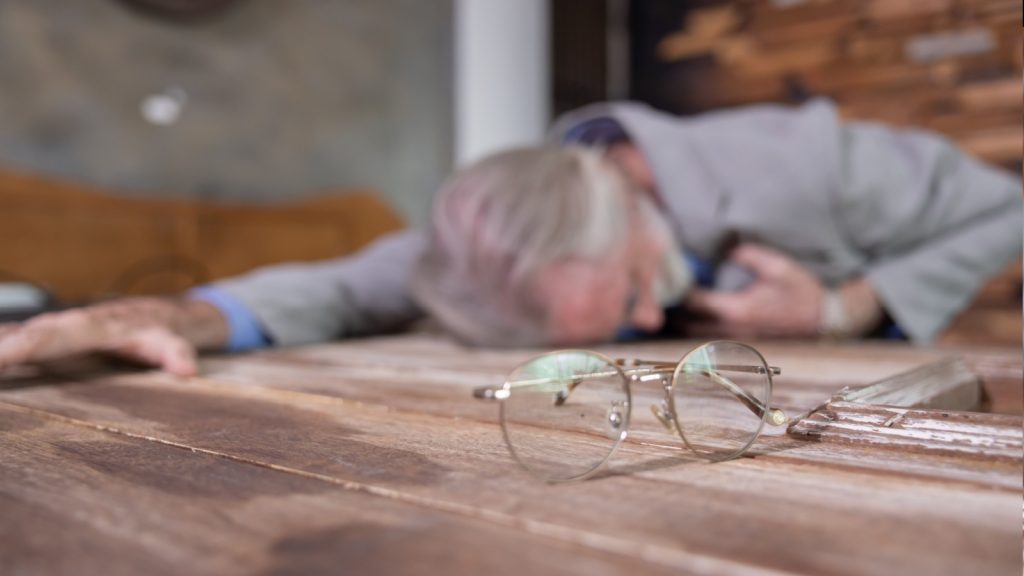
If Earth lost oxygen for even a minute, every person and animal would immediately lose consciousness. Our brains need a constant supply of oxygen to function. Without it, we’d black out in seconds. Even if oxygen returned after a minute, many people might suffer brain damage or death, especially those with existing health conditions.
The Sky Would Go Dark

The sky’s blue color comes from sunlight scattering off oxygen molecules in the atmosphere. Without oxygen, the daytime sky would suddenly turn dark, similar to twilight. Stars would become visible, even during the day. This sudden darkness would be disorienting and eerie for anyone still conscious to witness it.
All Fires Would Instantly Go Out

Oxygen is necessary for fire to burn. In an oxygen-free minute, every fire on Earth would immediately extinguish. This includes small flames like candles and matches, as well as larger fires in factories, power plants, and wildfires. When oxygen returns, many of these fires might reignite, potentially causing widespread chaos.
Cars and Planes Would Stop Working

Internal combustion engines, which power most cars and planes, rely on oxygen to burn fuel. Without oxygen, these engines would stall immediately. This would lead to countless car accidents and potential plane crashes. Even after oxygen returns, restarting these vehicles could be challenging, causing massive transportation disruptions.
The Ozone Layer Would Vanish
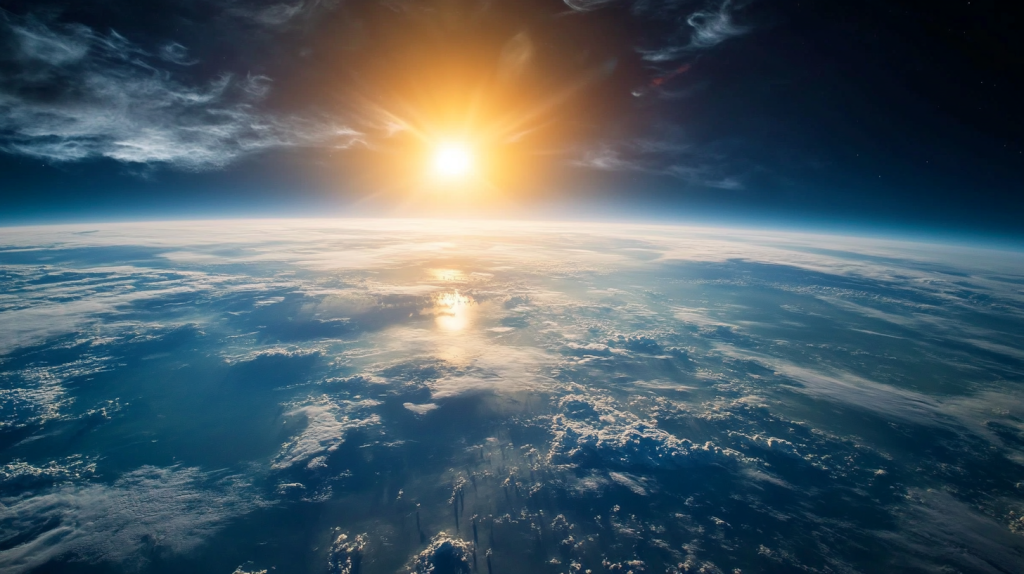
The ozone layer, which protects Earth from harmful ultraviolet radiation, is made of oxygen. Its disappearance would expose the planet to intense UV rays. While one minute might not cause immediate harm, it could trigger long-term environmental effects and increase skin cancer risks.
Water Would Briefly Turn into Hydrogen
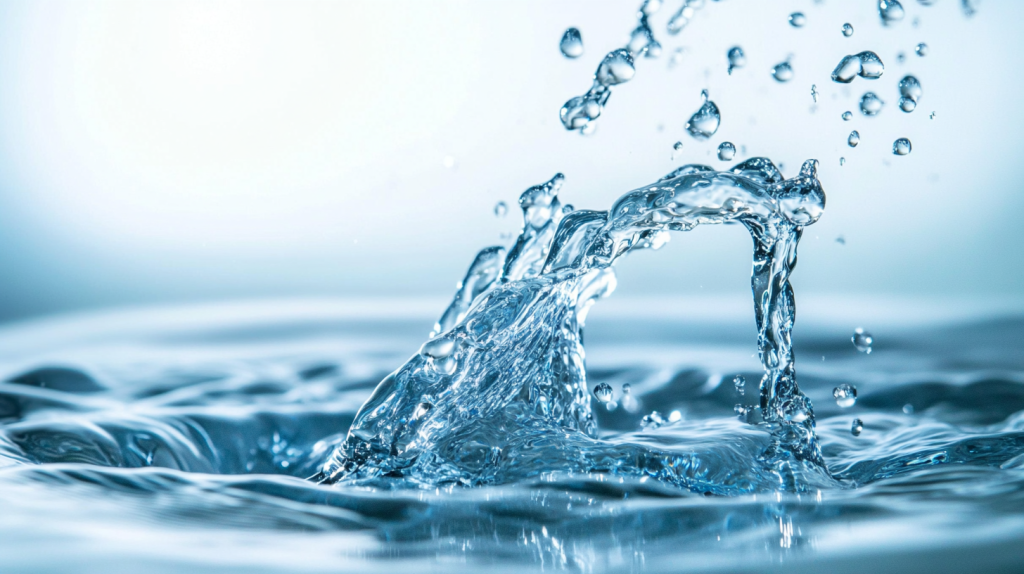
Water molecules contain oxygen. In its absence, water would momentarily separate into hydrogen gas. When oxygen returns, this hydrogen would rapidly recombine with oxygen, potentially causing explosions and widespread flooding as water reforms and expands.
Buildings Would Start to Crumble
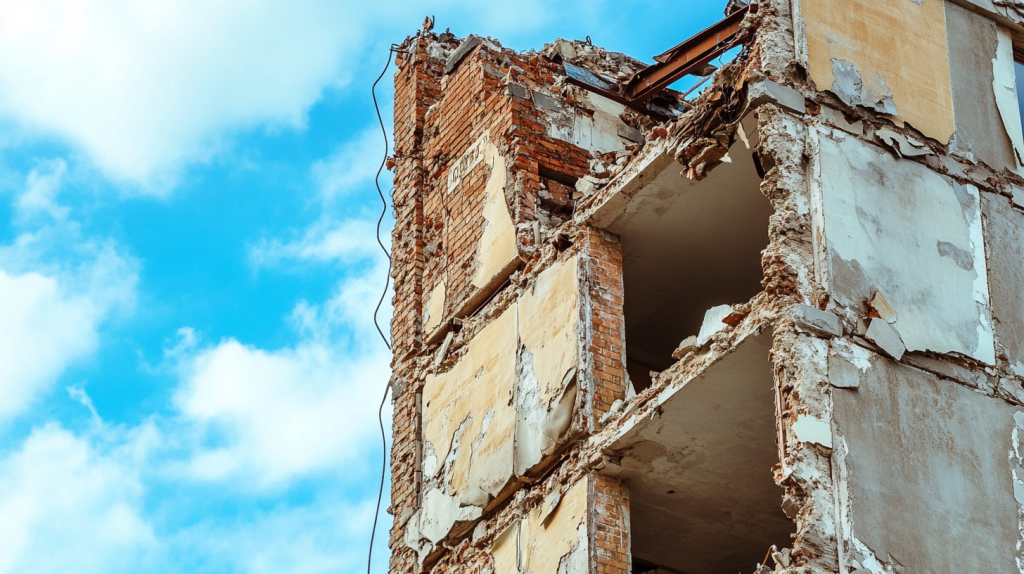
Many building materials contain oxygen compounds. Their sudden molecular change could cause structures to weaken or partially collapse. While most buildings wouldn’t completely fall in just one minute, the damage could be severe. This could lead to dangerous situations when oxygen returns and people regain consciousness.
Plants Would Stop Producing Energy
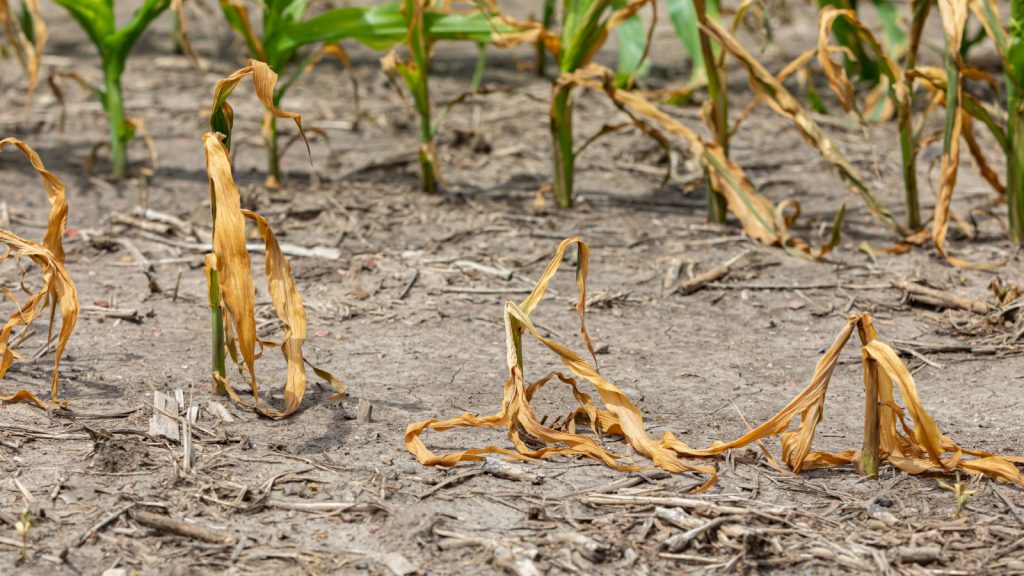
Plants use oxygen for respiration, even though they also produce it. A minute without oxygen would disrupt their energy production processes. While most plants would survive, prolonged oxygen loss could cause significant damage to global vegetation.
The Earth’s Crust Would Destabilize
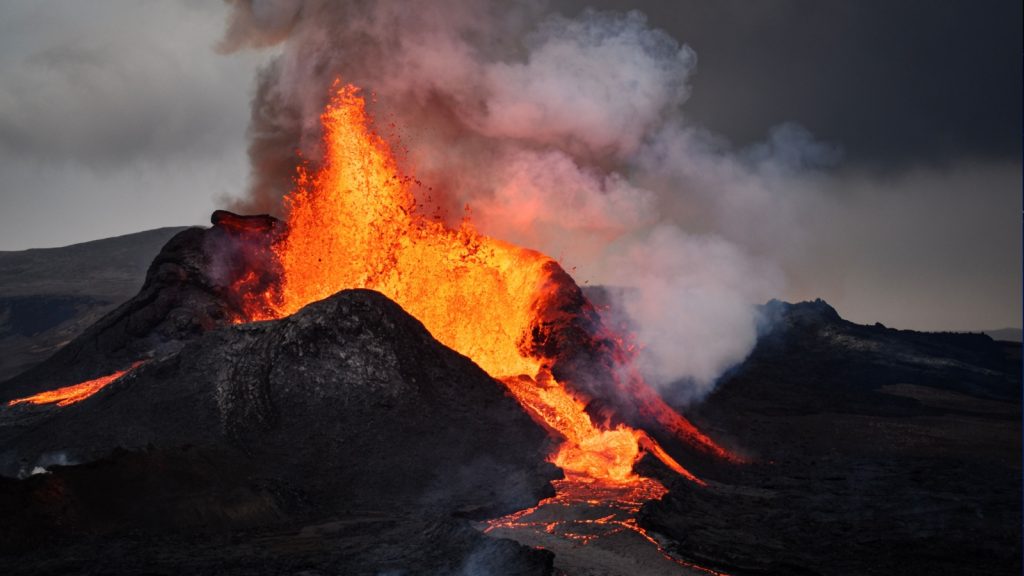
Oxygen makes up a large portion of the Earth’s crust. Its sudden removal would cause the crust to become unstable. This instability could trigger earthquakes, volcanic eruptions, and other geological events, even in typically stable areas.
All Surface Water Would Boil
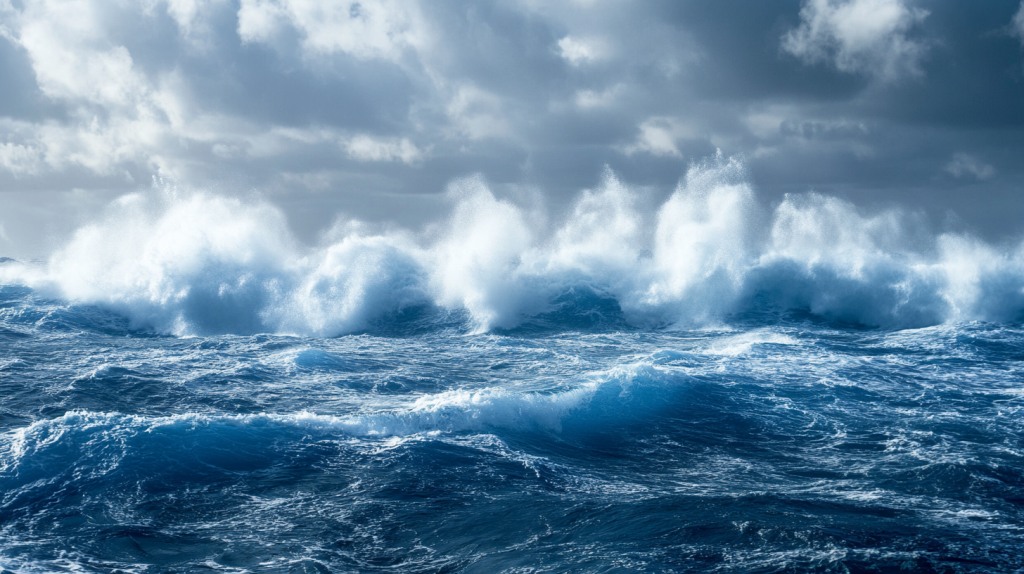
With the sudden drop in atmospheric pressure caused by oxygen’s disappearance, the boiling point of water would lower dramatically. This would cause all surface water to boil instantly. When oxygen returns, this water vapor would rapidly condense, potentially causing intense storms and flooding.
Katy Willis is a writer, master herbalist, master gardener, and certified canine nutritionist who has been writing since 2002. She’s finds joy in learning new and interesting things, and finds history, science, and nature endlessly fascinating.
